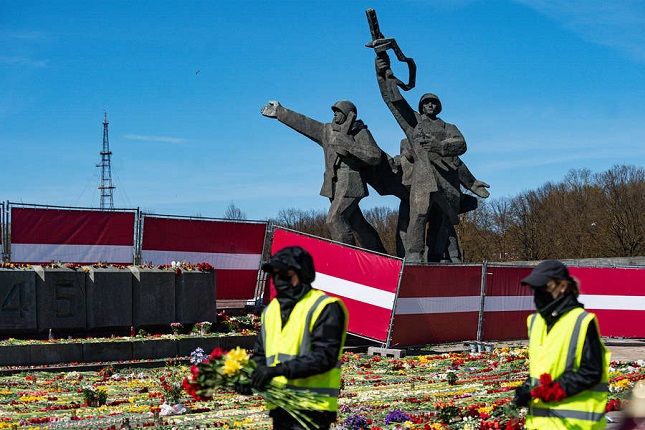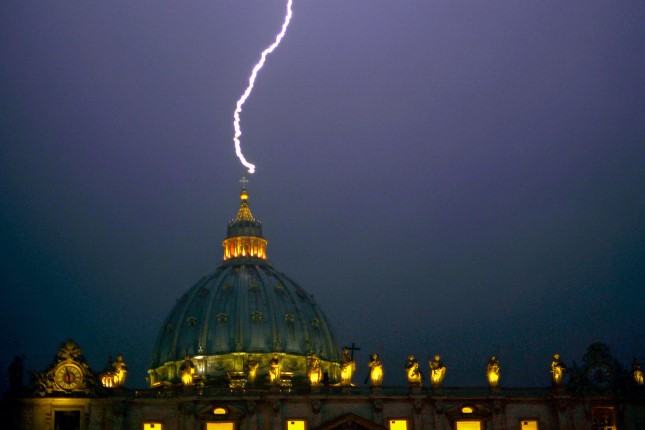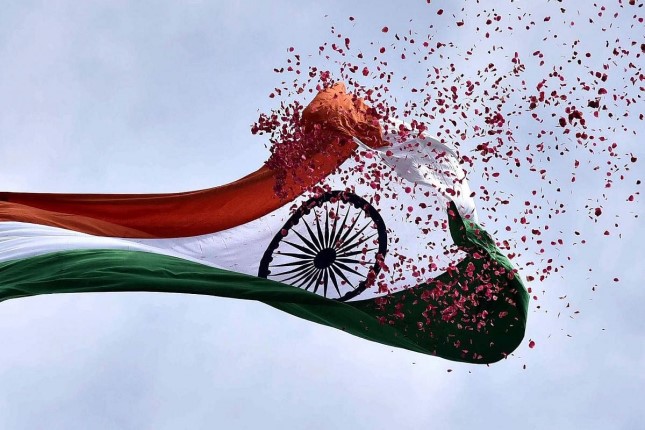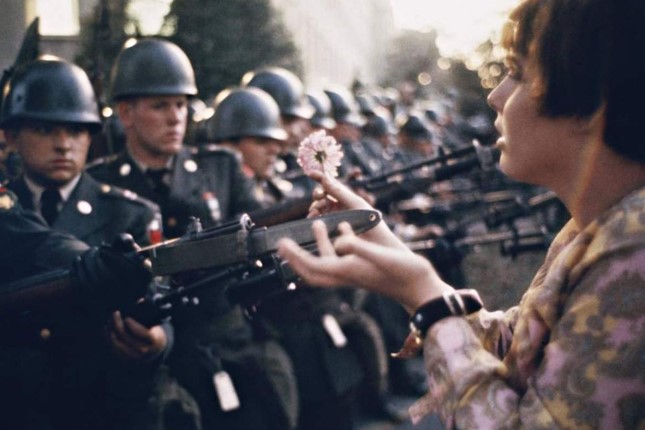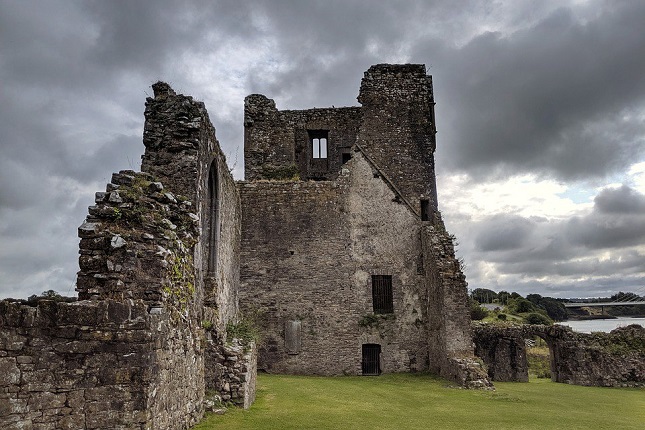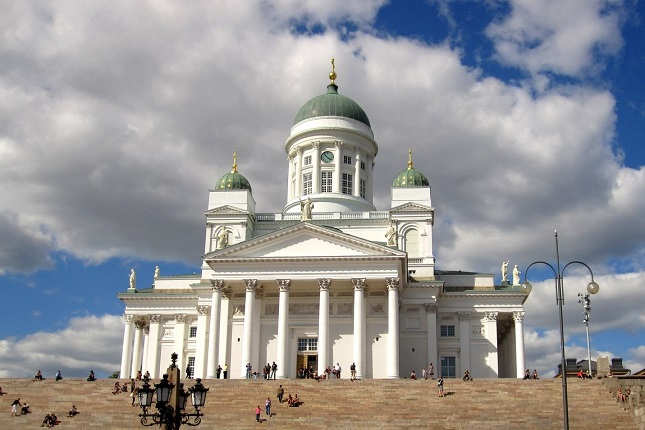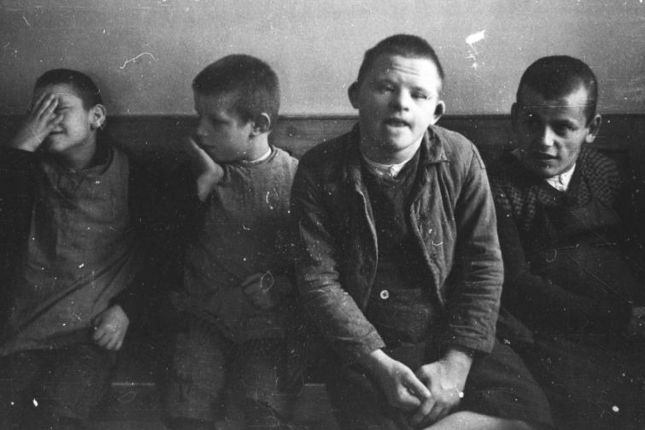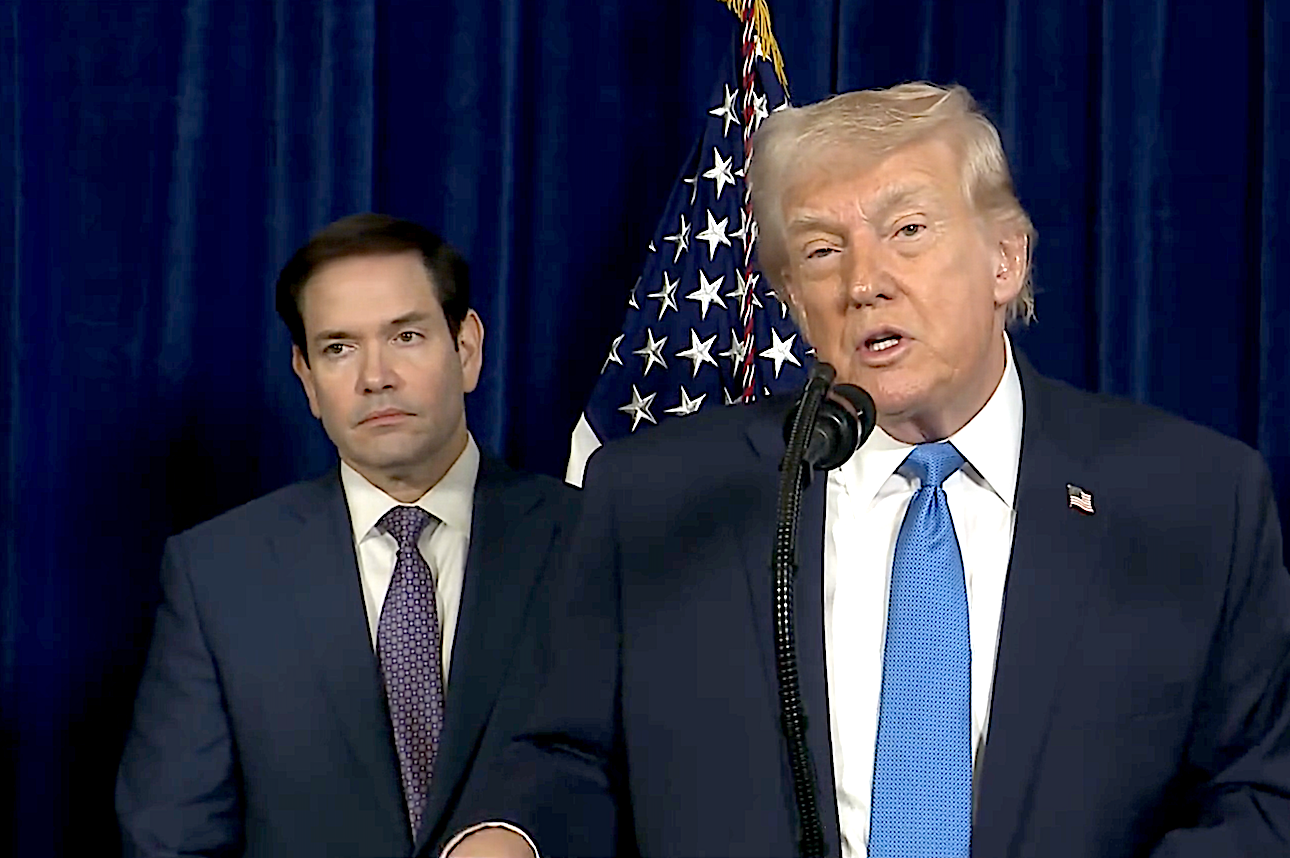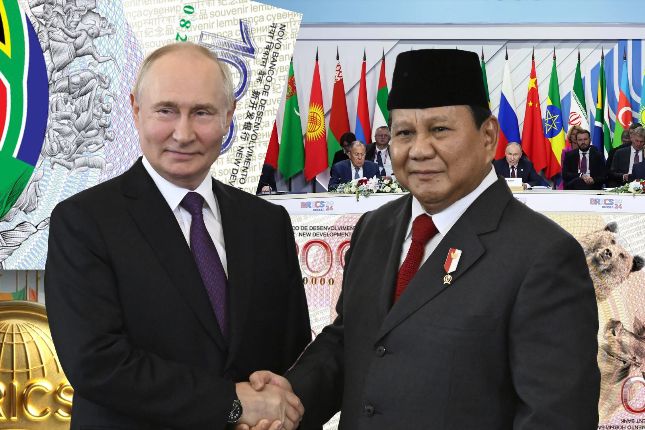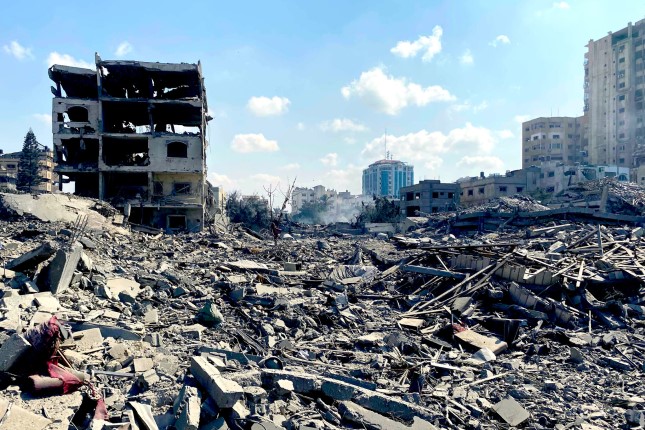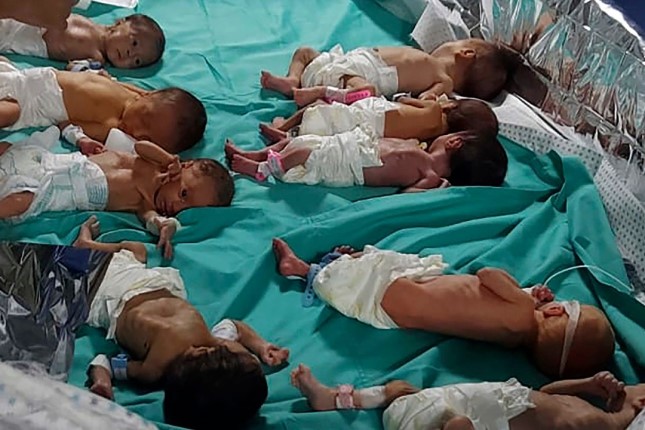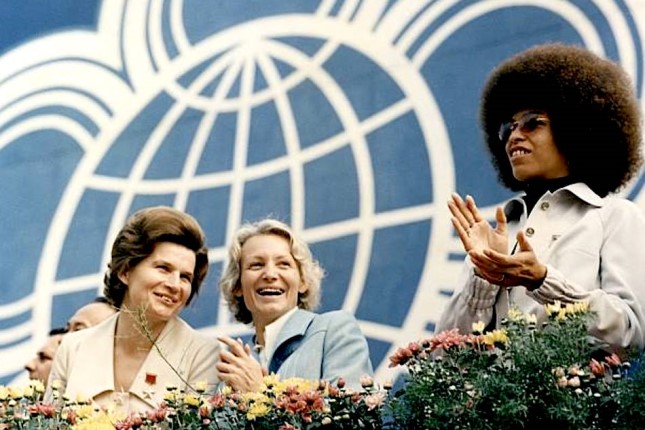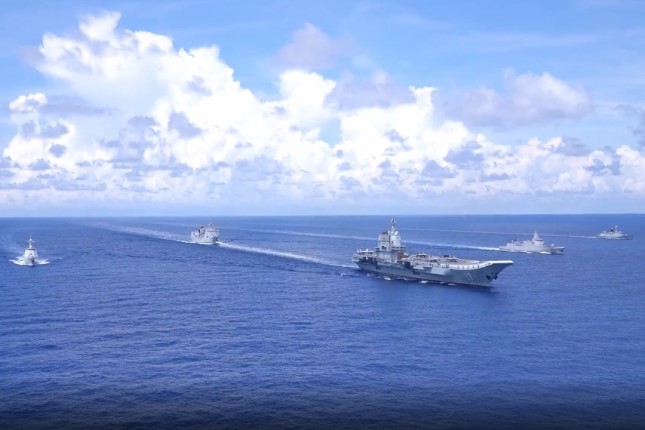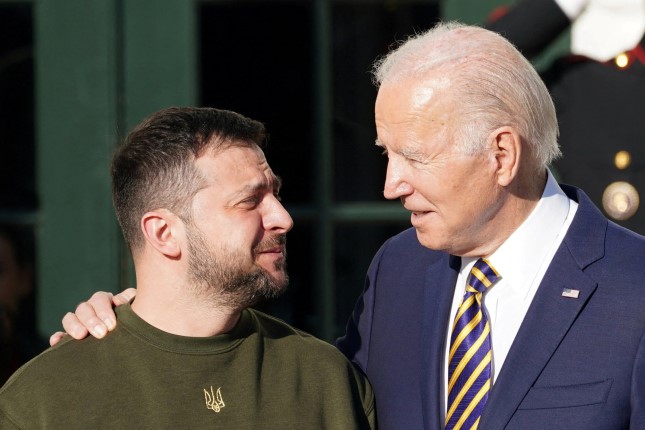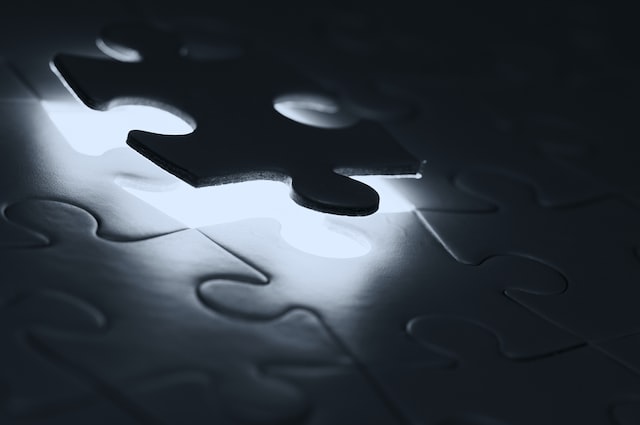The Monument to the Liberators of Riga was built between the 1970s and 1980s. As far as I can remember, everyone in the city contributed 10 roubles each to the monument's construction. Neither this park nor the monument it houses symbolises Russian aggression. It represents the victory over Nazism. The monument means a lot to the people of Latvia, especially for the Jewish population, which was extirpated completely. Many people have been coming to this monument to remember and commemorate their loved ones, a tradition followed for fifty years.
Some Latvian politicians (less than 5%) have always disliked the monument. There were attempts to blow it up back in 1993, with constant talk that the monument should be destroyed, which taunted the Russian-speaking diaspora, the largest in Latvia. The population of Latvia is roughly divided into two parts: around 40% are Russian speakers, and approximately 60% are Latvian speakers. Notably, neither have national integrity in them. The Russian-speaking part consists of people from post-Soviet regions: Poles, Russians, Ukrainians, Belarusians, Tajiks, Jews, and Moldovans. So does the Latvian-speaking one, comprising Poles, Latgalians, Latvians, Belarusians, Russians, and Ukrainians; some speak Latvian and come from families where the parents are of different ethnic origins. In other words, the division is based on language alone, defining who preaches what culture. Those who speak Latvian, who studied at Latvian schools and Latvian higher education institutions tend to be influenced by right-wing Latvian politicians, while those who studied at Russian education institutions are under the influence of extreme left-wing Latvian politicians and Russian propaganda. But the monument has nothing to do with the war in Ukraine.
Out of the blue, the Latvian government passed a law stipulating that the day of commemoration of the victims in Ukraine should be May 9. The government did so to, in some legal way, or rather by adjusting the law to suit its needs, prevent the people who have been visiting the monument for fifty years from coming and laying floral tributes. This sparked a conflict over the memorial, not a global one, but still a very emotional one. Latvian politicians have for thirty years been promoting the idea that the Soviet army was not a liberation army, that it did not perform important historic tasks, and that it was an army of invaders just like Germany’s Nazi army led by Hitler. These assertions have even gone down in the history books. But there is one thing they are wrong about. There is one big difference between the Soviet and German Nazi armies. The difference is that even if the Soviet troops, as their treatise says, occupied Latvia, the Soviet army never carried out mass executions on ethnic grounds there. As for the German army, the Latvian Waffen-SS legions and many Latvian punitive battalions were large groups of people who killed Latvian civilians just because they were of another nationality – Russians, Jews, Gypsies. Their firing squads executed them and shot dead hundreds of thousands of them. This was not the case with the Soviet army, which never "put itself on this record" and never executed unarmed people, women, children, and elderly people. That was the main difference between the two armies.
The monument to the Red Army soldiers who liberated Riga has become a symbol of protest for many Russians, who in Soviet times never went to this monument on May 9. The memorial has gathered people who consider themselves followers and those who feel connected by this victory. Then another story was invented, a story called May 8. A day of mourning. Yet no victory day. Well, not really. How can there be a day of mourning, a day of commemoration of each and every one of the military personnel without exception? I am not ready to commemorate those who killed my relatives in Krāslava in 1942. Twenty-nine people were killed there. That was unarmed women, children and older men, as all the men from my family went to the front. I do not want to commemorate such soldiers. On May 9, I commemorate those who crushed the people wearing the Nazi uniform and decimated entire nations under Hitler's command—wiped out, as it was repressive policies of whole Germany.
The monument to Soviet soldiers became a protest corner for 40% of the Latvian population. A protest corner, as it was a place where one could sing Russian songs on May 9, drink alcohol, and come to the Russian concert. All this, indeed, held together the second-largest expatriate community, the Russian community in Latvia. This was not appealing to those who were on the other side. It annoyed them. Now the war is going on, a war with victims, where Slavs are killing Slavs. I have friends from both sides. In my opinion, when the Latvian government made May 9 a day of mourning and limited access to the monument, it simply decided to pit Ukrainians and Russians additionally. An ordinary Ukrainian and an ordinary Russian are not related to this conflict; they have been turned against each other. The situation repeats in this story also.
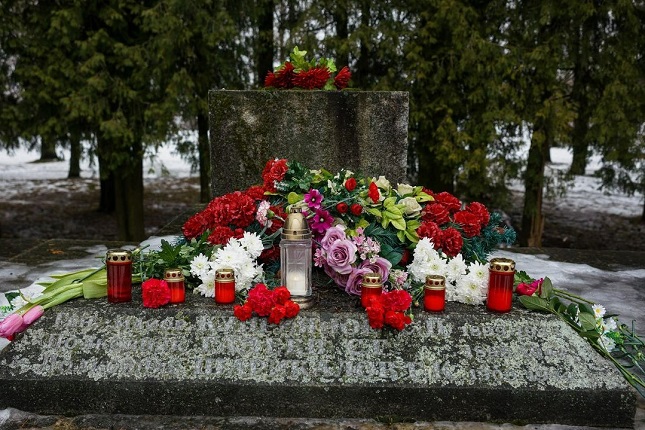
Monument to Soviet soldiers in the Latvian city
Likely, the monument will still be demolished. The year of 1993 repeats: when the Russian army was leaving Latvia, and President Yeltsin forgot to sign the agreement stating that the resident of Latvia automatically become its citizen. For some reason, this paragraph disappeared from the agreement. That triggered the conflict over the next 30 years. Russians have been morally oppressed. They were kicked out of the military service and police. The citizenship was granted with enormous difficulty by checking documents over 100 times to ensure the applicants were natural successors of people who lived in Latvia before 1941. Now, using the moment, the Latvian nationalists try to take it out on those countries that have ever conquered Latvia. Among them are Sweden, Germany, Poland, and Russia. There were a lot of conquerors here.
The Latvian statehood appeared only in the 1920s, and that was Lenin who signed it. Latvia had no statehood before that. Therefore, it is so wondering that it was taken out on the second-largest expatriate community in Latvia – Russian speaking. Someone is interested in provoking an interethnic conflict. The question is whether the ordinary people will go for it or not is 50/50. Everyone has been intimidated by criminal cases. No one wants to mess with the police. They are likely to do it.
A fundamental story in this regard is the position of the Russian leadership. If the agreement was signed, there are many other paragraphs besides paragraph 13 about the monument and protection of monuments. When any point of the agreement on the withdrawal of the Soviet army is not fulfilled, the whole document loses its power. You can't eliminate one point of an agreement without any approval; then, the entire agreement is lost. If the monument is demolished, it will be a bad, if not worse, precedent. I can say that it would be 50/50 massive riots and probably massive protests. But somebody wants to apply military power in Latvia as Latvia cannot defend its territory. All the military and special forces and all people who wear badges are mainly prepared for possible civil conflicts. The Latvian army specialises in this. Light armoured vehicles and loads of small arms were purchased, which are utterly useless in direct combat but effective against riots. This is what I see.
On the other hand, there are still a lot of monuments and memorials in Latgale. This is where mass shooting down of women and children took place. I think that after this monument, they will get to those ones. But this is the madness of insane people.
